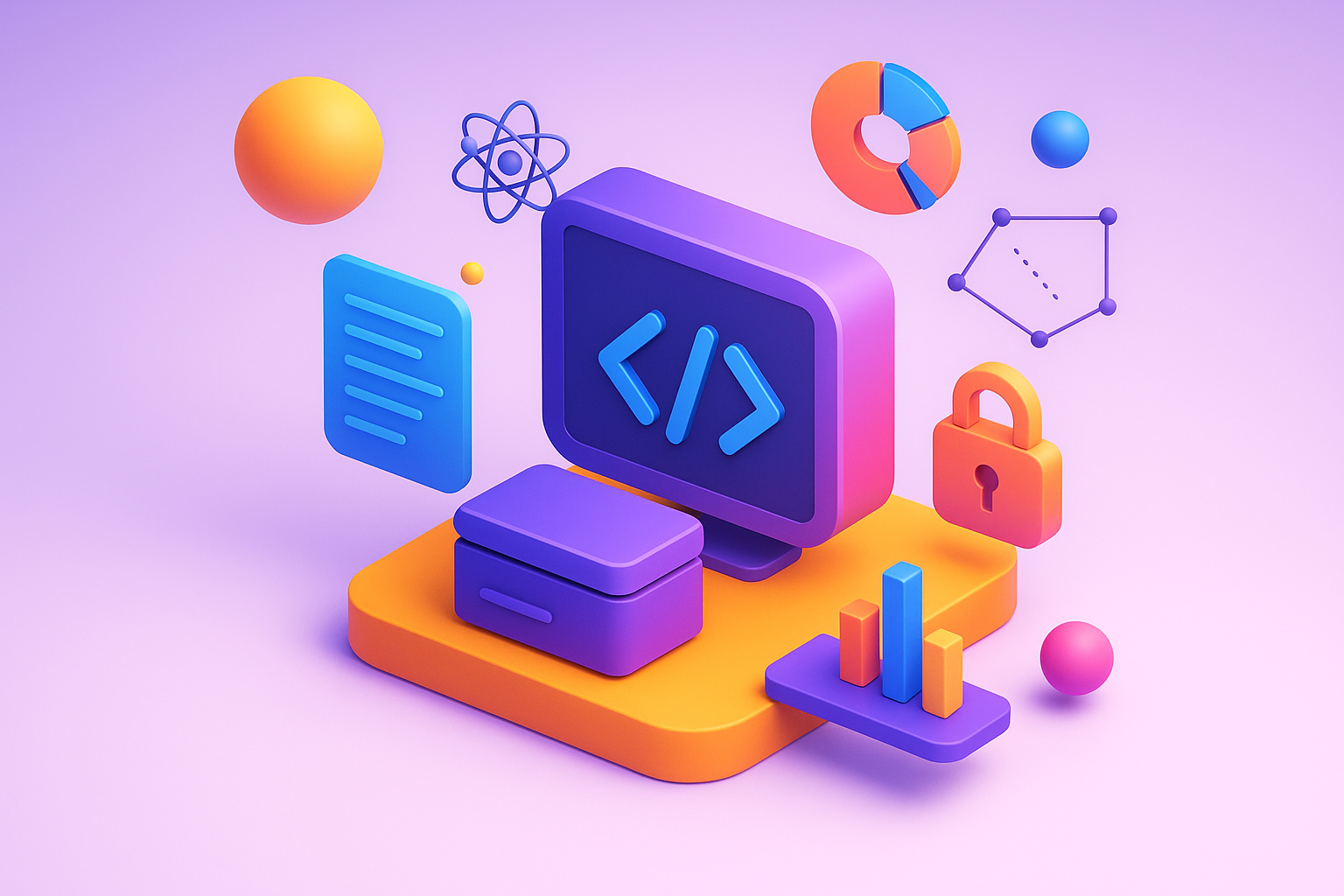
Securing AI Coding Agents: Dev Containers and Isolation Strategies
Rory McCune, a security expert and developer advocate, shares practical strategies for securing AI coding agents after experiencing a close call where Claude Code began deleting files it created wanted to 'fix' system problems. The discussion explores three main isolation approaches: dev containers (VS Code's Docker integration), virtual machines, and direct Docker containerization. Rory demonstrates setting up Claude Code's base sandbox configuration and adapting it for Golang development, highlighting the init firewall script that locks down network connections. The conversation covers real-world security concerns including supply chain attacks targeting developers, package name squatting to exploit LLM hallucinations, and the risk of outdated dependency versions. Rory explains that developers are becoming attractive targets because they often possess sensitive keys and other secrets associated with production systems. The episode concludes with practical advice on balancing security effort with risk level - simple vibe coding may not require isolation, but reviewing untrusted codebases or working with sensitive credentials should always be containerized. Newer tools like Octo are beginning to build containerization directly into their workflows, and platforms like Lovable are adding built-in security scanning to make security more accessible for new developers.
Jump To
Key Takeaways
- AI coding agents running locally could potentiall have full system access, which poses risks if the agent malfunctions or is exploited by attackers
- Dev containers provide isolated development environments by integrating VS Code with Docker, containing all repository files and IDE operations within a container
- Claude Code provides a base sandbox configuration with dev containers and an init firewall script to lock down network connections
- Setting up dev containers requires per-project configuration and installing appropriate dependencies (Node.js, Golang, etc.) for each project
- Virtual machines offer a middle-ground isolation approach - easier to use than dev containers but still separate from main credentials and email
- Developers are increasingly targeted by supply chain attacks because they often have deployment keys for extensions, packages, and production systems
- Attackers are exploiting LLM hallucinations through package name squatting - registering packages with names that models commonly hallucinate
- Some newer tools like Octo are building containerization directly into the base tool with commands like 'run in a container'
- The security effort required should match the risk level - vibe coding sessions may not need isolation, but reviewing untrusted codebases definitely does
- Containerization has become mature technology after 10 years, with ubiquitous tooling and widespread adoption making isolation more accessible
